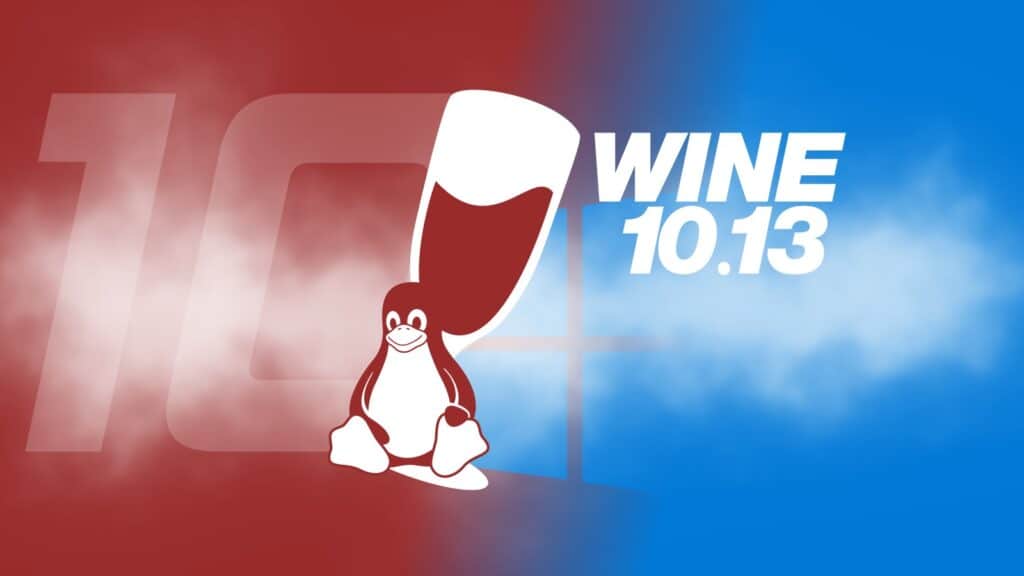The Wine Project, a compatibility layer renowned for enabling Linux and macOS users to run Windows applications, has officially released version 10.13 as the thirteenth maintenance update to the stable 10.x series.
One of the highlights in this update is the addition of a “Windows.Gaming.Input” configuration tab in the Joystick Control Panel, which should give gamers more fine-grained control over their setups.
Alongside that, Wine now supports ECDSA_P521 and ECDH_P521 cryptographic algorithms within BCrypt, further aligning the compatibility layer with Windows’ own crypto capabilities.
Developers will also notice that OpenGL WoW64 thunks are now fully generated, plus work on Windows Runtime metadata handling in WIDL has seen further progress.
As always, a big part of this release is bug fixing, and Wine 10.13 comes with a list of 32 resolved issues. Among the more notable ones, Microsoft Office 365’s login page now displays correctly, while games such as Call of Duty: Black Ops II, Gothic, Gothic II, Doom 3: BFG Edition, Bejeweled 3, and Nioh 2 received patches for crashes, black screens, or missing sound.
Music producers also benefit, as some problematic VST plugins should now load properly.
On the technical side, issues were ironed out in areas like color depth handling for BMP images, socket errors in Winsock, regressions in app launch paths, and OpenGL-related glitches.
For more information, visit the announcement. Wine 10.13’s source code can be downloaded from GitLab’s project page for those interested in trying out or upgrading their current installation. The binary packages for various distributions are expected to be available shortly.
